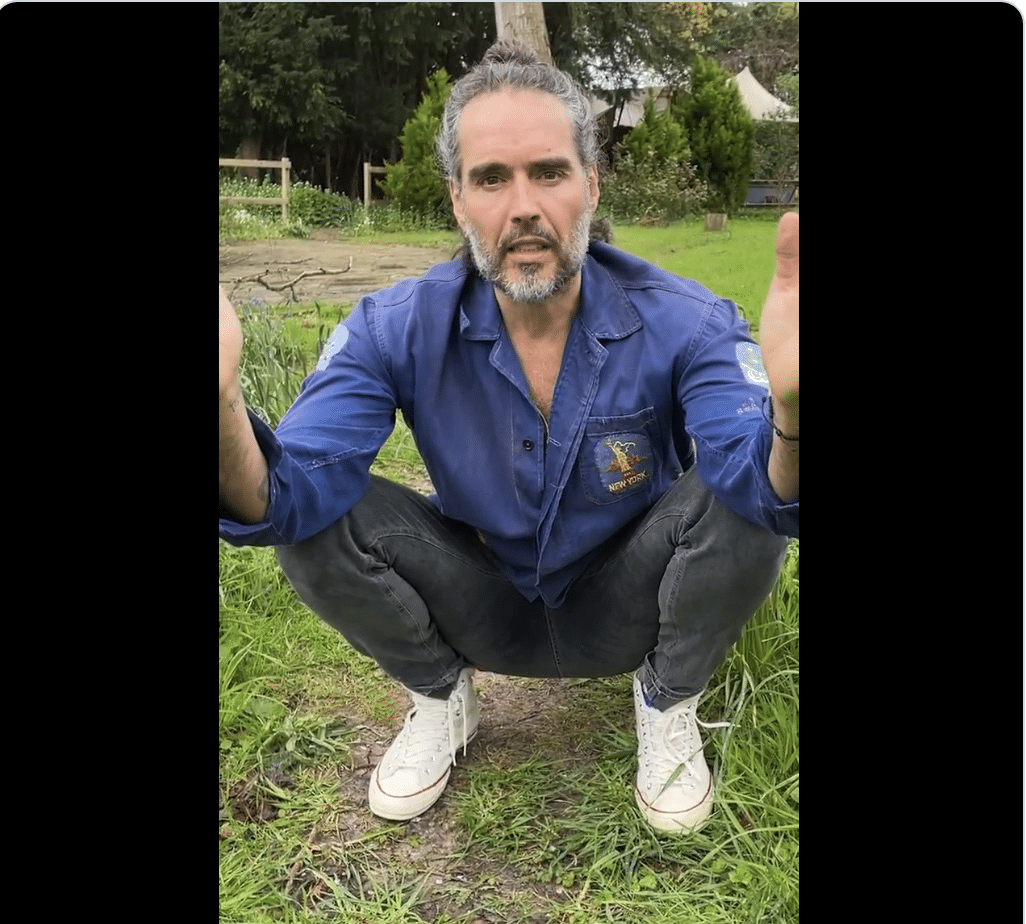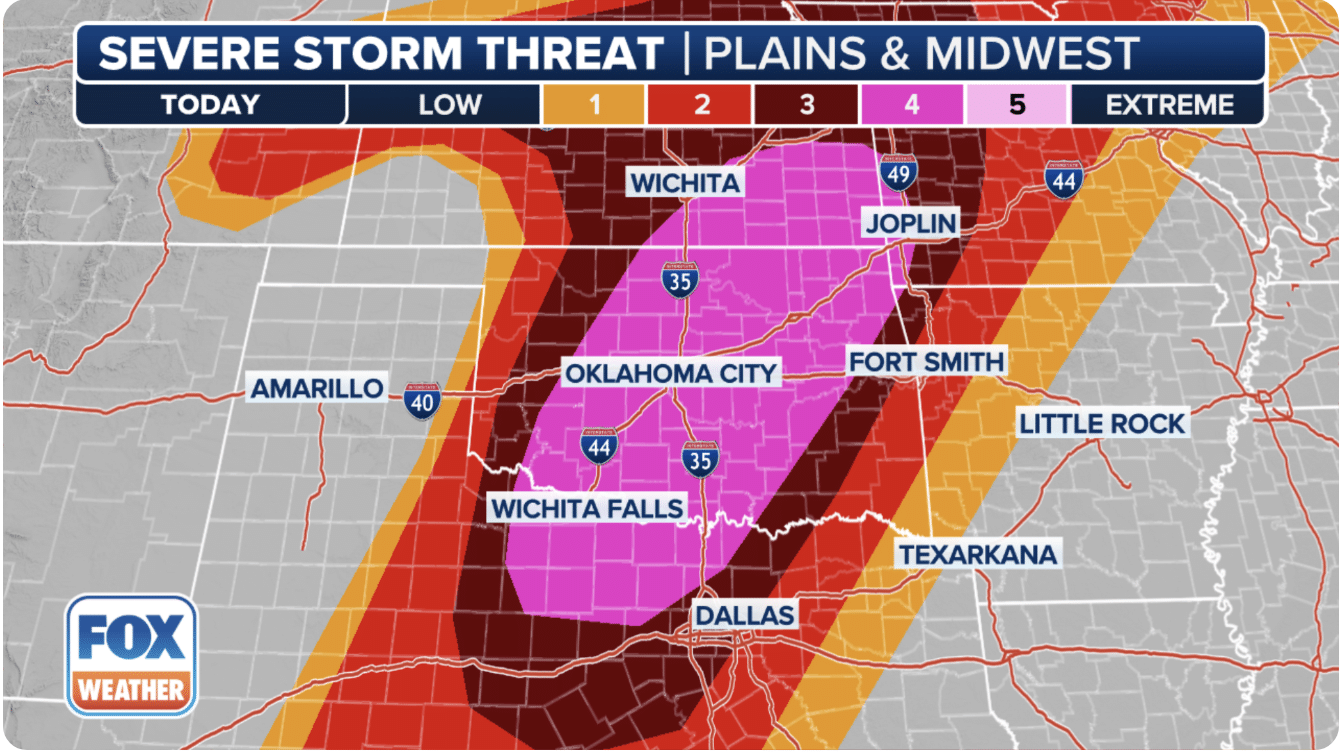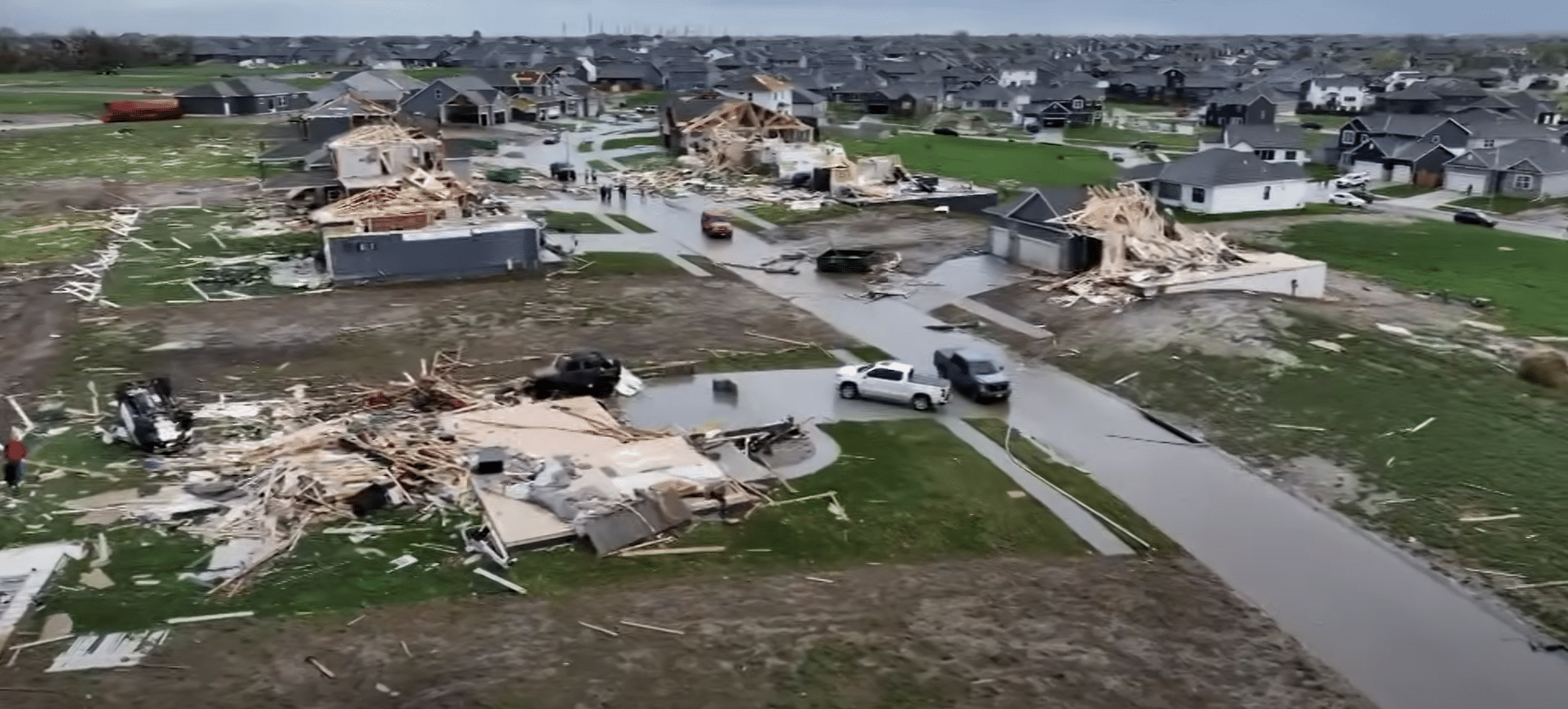The top U.S. military commander in the Indo-Pacific has said that Beijing is maintaining its goal of being able to invade Taiwan by 2027, testimony that came as China sent the second-largest contingent of warplanes around the democratic island in a single day this year.
China is working to build up its People’s Liberation Army (PLA) “on a scale not seen” since World War II, even as the country focuses on reinvigorating a slowing economy, Indo-Pacific Command chief Adm. John Aquilino told the U.S. House Armed Services Committee in prepared testimony Wednesday.
“All indications point to the PLA meeting President Xi Jinping’s directive to be ready to invade Taiwan by 2027,” Aquilino said. “The PLA’s actions indicate their ability to meet Xi’s preferred timeline to unify Taiwan with mainland China by force if directed.”
The top U.S. military commander in the Pacific pointed to China’s official defense budget, which he said had risen over 16% from $192 billion to $223.5 billion in recent years, as evidence.
Since 2021, the year he took command, Aquilino said the PLA has added over 400 advanced fighter aircraft and more than 20 major warships, and has more than doubled its inventory of ballistic and cruise missiles.
“Perhaps most concerning,” he added, “has been the rapid pace at which (China) has bolstered its nuclear arsenal, increasing its warhead inventory by well over 100% since 2020.”
Xi, who has cemented his grip on power in recent years, has called for China to build a “world-class military” by 2027, when the PLA marks 100 years since its founding.
Last year, Aquilino told lawmakers on Capitol Hill that “everybody is guessing” when it comes to predicting timelines for a conflict over Taiwan.
China claims the island as a renegade province that must be united with the mainland, by force if necessary. At an annual session of its rubber-stamp National People’s Congress, Beijing reiterated that it “resolutely opposes ‘Taiwan independence’ separatist activities and external interference, and promotes the peaceful development of cross-Strait relations.”

















